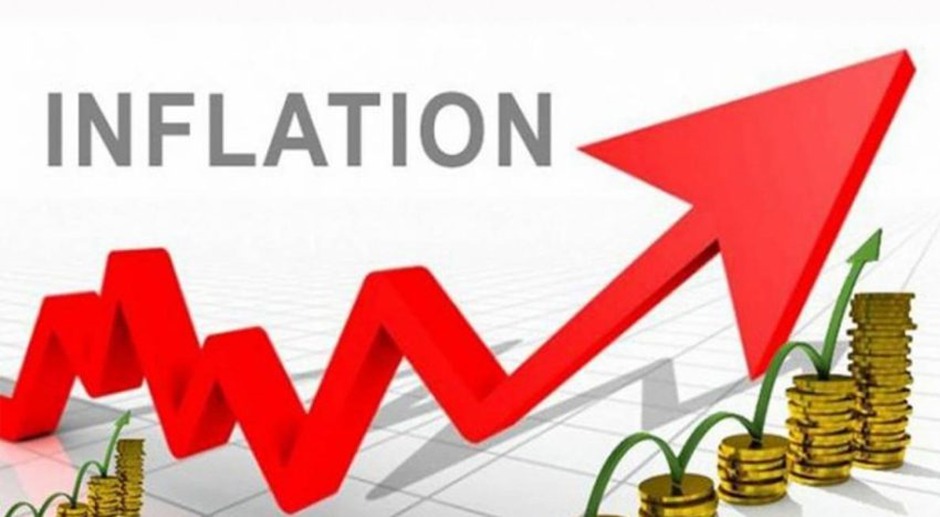ISLAMABAD: the Federal Reserve’s relentless drive to jack up the benchmark interest rate to cool the decades-high inflation in the US has unleashed a cycle of hyperinflation in other parts of the world, forcing central banks to aggressively increase the rates to tackle the cost-of-living crisis.
It is pertinent to mention here that the Fed has increased its benchmark interest rate five times, including three consecutive 75 basis-point rate hikes in June, July and September 2022, bringing the rate to a range between 3-3.25%, in a bid to cool demand.
However, the Fed’s drive to keep jacking up the rates has also strengthened the US dollar to historic levels, battering its main competing currencies and stoking heightened inflationary pressures, experts said.
Talking to WealthPK, Dr Jameel Ahmad, the Governor of State Bank of Pakistan said that financial markets in Pakistan and the rest of the world mostly picked the direction of the Federal Reserve. “As the Fed increases the rate, it is natural that other central banks, including the State Bank of Pakistan, will have to push their policy rates up to deal with the expected uptick in the cost-push inflation as high-flying dollar cranks up the import bills.”
“Since the US is also experiencing record high inflation, the Fed increases the policy rate to cool it down. Increasing benchmark rates is the only option available with the central banks to curb inflation as when demand decreases, the prices will fall automatically,” he said.
Jameel Ahmad said that macroeconomic policies of the United States, including its monetary and fiscal policies, have gravely affected the world economy, as major currencies are closely related to the dollar. “US inflation dumping wreaks havoc as its shifts its burden to the rest of the world.”
He further said that the Fed’s rate increases often result in an increase in the value of the US dollar, which leads to a decrease in the value of other currencies, including the Pakistani rupee. “Investors, who have invested in emerging markets to take advantage of higher rates of return, may find investment in the US more attractive as rising dollar value prompts them to move the capital to the US. Capital outflow towards the US markets is squeezing the inflows for other countries like Pakistan.”
The SBP governor said that in the wake of the Fed’s rate hikes, they needed to observe how the central banks of emerging economies would respond. “If the central banks focus on interest rate parity and align their policies efficiently, it won’t have as much of an impact on their markets.”
Dr Zahid Asghar, Director of School of Economics at Quaid-i-Azam University, told WealthPK that the ripple effect of the Fed rate hikes, such as weakening other major currencies, spurring capital outflows from developing countries, and increasing debt repayments, had caused a number of complex problems in the global economic and financial systems.
“Any increase in the US dollar causes hyperinflation in developing countries as they mostly depend on imports to meet their local consumption. Pakistan is being hit hard because of high food and energy prices as these commodities are priced in dollar on the world market,” he explained.
“As the dollar appreciates, Pakistani exporters will have a harder time when competing in the international market, while imports will be more expensive, leading to higher import bills. Fuel and food are the two largest components of Pakistan’s import bill, which is sure to increase further amid rising food and oil prices globally. Due to the country’s growing inflationary pressures, it is likely the central bank will increase the interest rate further,” he explained.
Dr Muhammad Ayub Siddiqui, Dean of FAST School of Management, told WealthPK that foreign direct investment (FDI) flows throughout the world had dropped as the liquidity inflows had failed to keep pace with the liquidity outflows. “As the dollar strengthens with each passing day, investors have started parking their capital in the US, leaving little for other countries.”
He said that the Ukraine crisis had also sparked a surge in energy and food prices around the world, especially in Europe, which largely depends on Russia to meet its energy needs.
Ayub Siddiqui said Pakistan was facing a range of challenges, including high inflation, currency devaluation, depleting foreign exchange reserves, growing fiscal imbalances, and a decline in FDI. “In these trying conditions, Pakistan ought to have significantly lowered the benchmark interest rate to encourage the cost of doing business and boost economic activity.”





